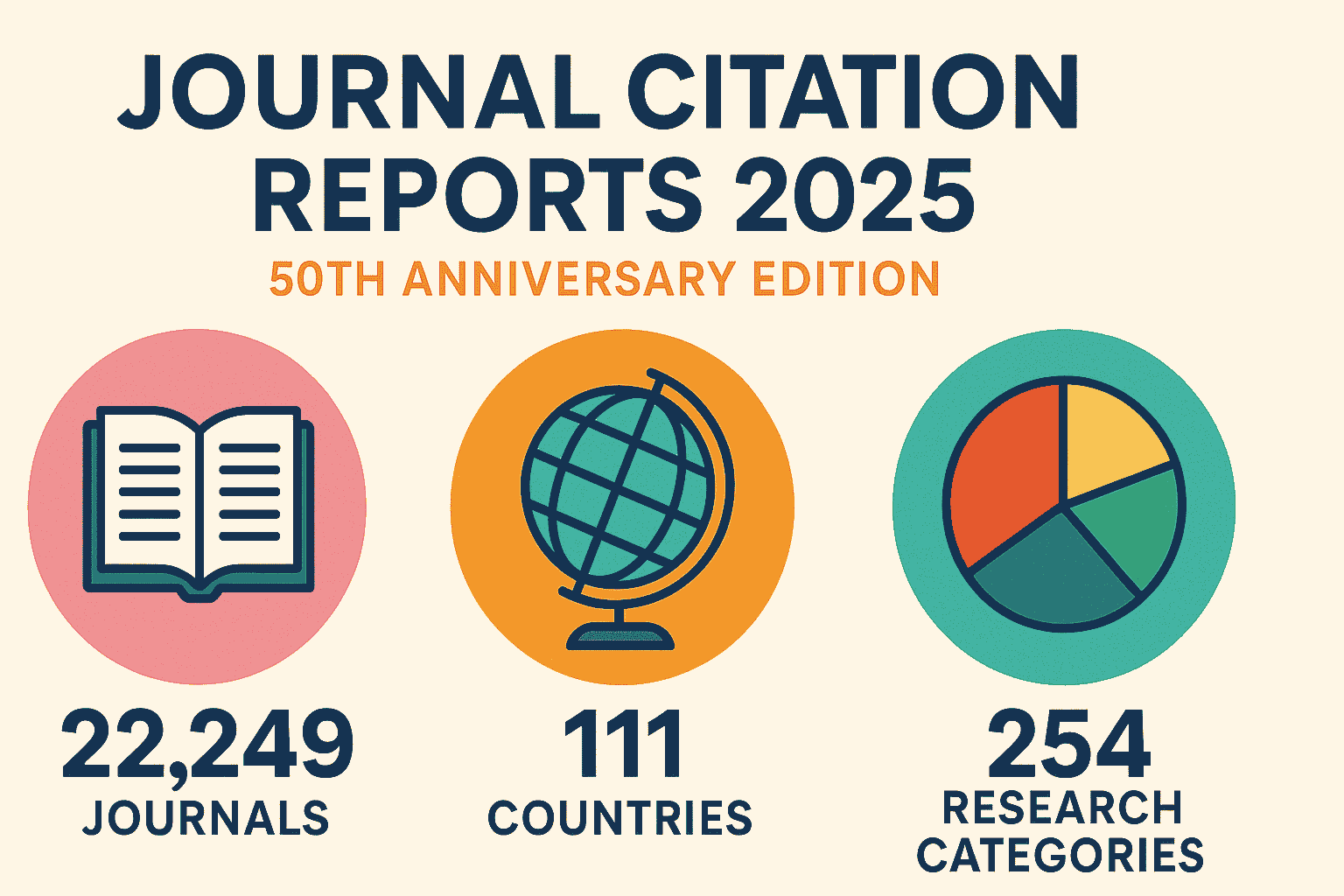Peers learn strategies to support communication for minimally speaking autistic classmates – New Study/Science Updates
A new study published in Language, Speech, and Hearing Services in Schools explores how elementary school–aged peers can be taught to support classmates with autism who are minimally speaking. The research was conducted by Vanderbilt Kennedy Center member Elizabeth Biggs, Ph.D., and demonstrates that peers can learn and apply responsive interaction strategies—called the “Ways to Talk and Play”—to foster play and communication using augmentative and alternative communication (AAC).
Summary
A recent study in Language, Speech, and Hearing Services in Schools shows that elementary school peers can effectively learn to support minimally speaking classmates with autism. Vanderbilt Kennedy Center’s Elizabeth Biggs, Ph.D., found that training peers in “Ways to Talk and Play”—responsive interaction strategies—enables them to encourage play and communication through augmentative and alternative communication (AAC). This research highlights the potential of peer-mediated interventions to enhance social interaction and communication skills for students with autism using AAC in elementary school settings.
Read more…
This post is part of “Science and Technology News”, Follow for more…!!!
Credits: Source
Disclaimer








